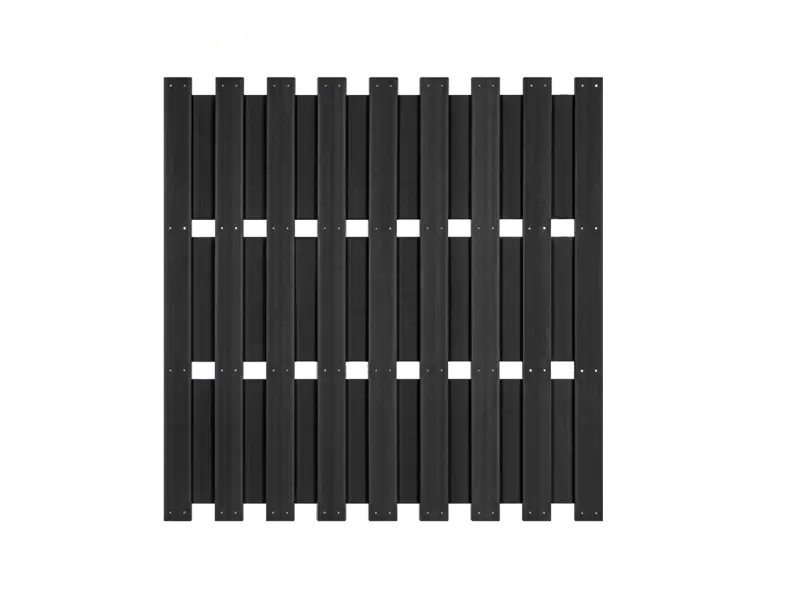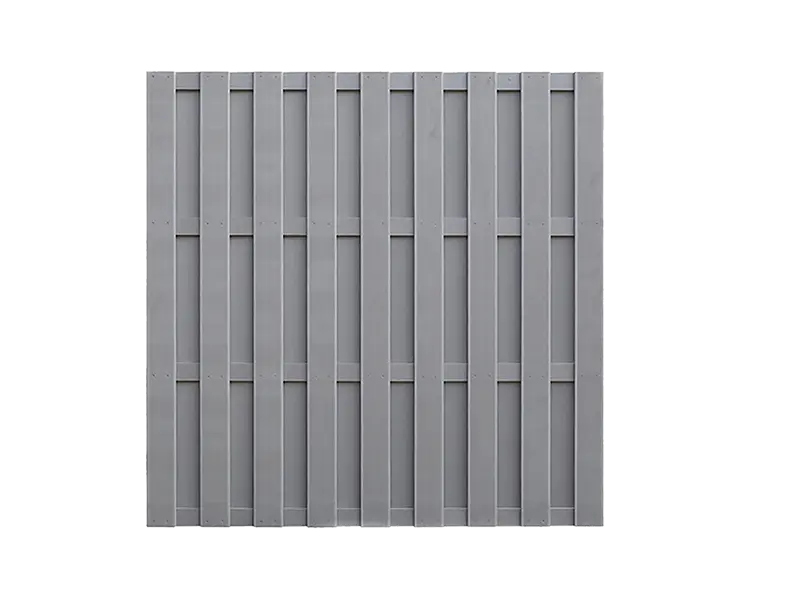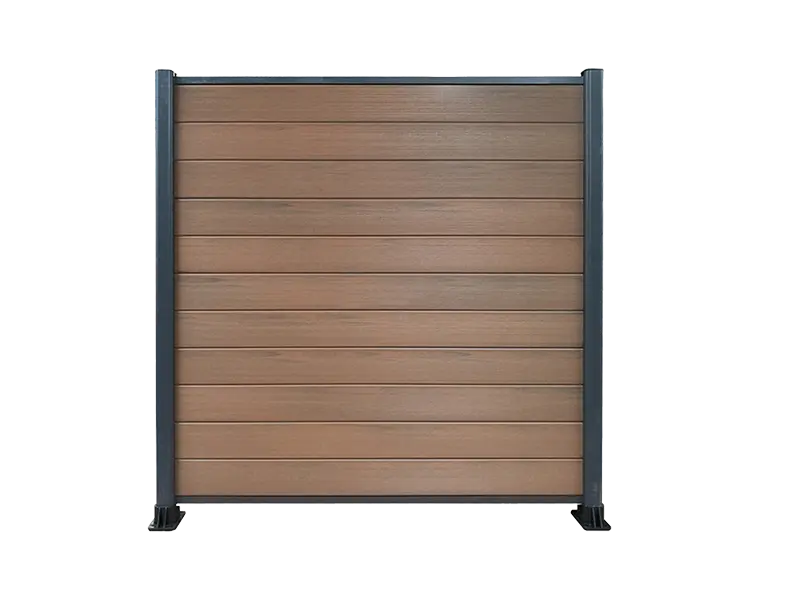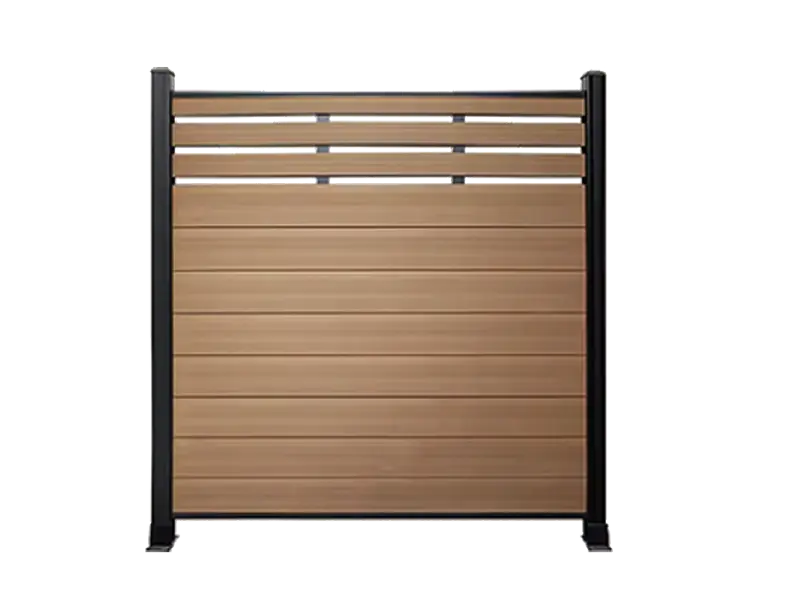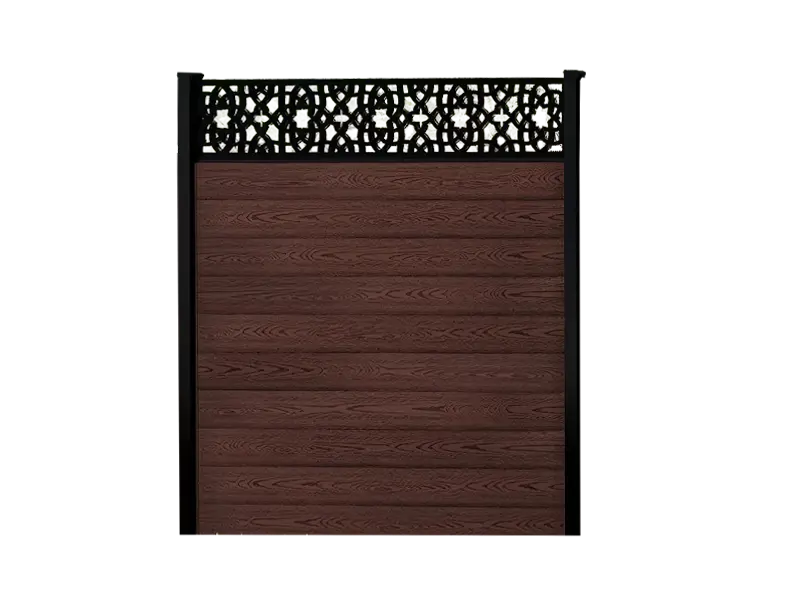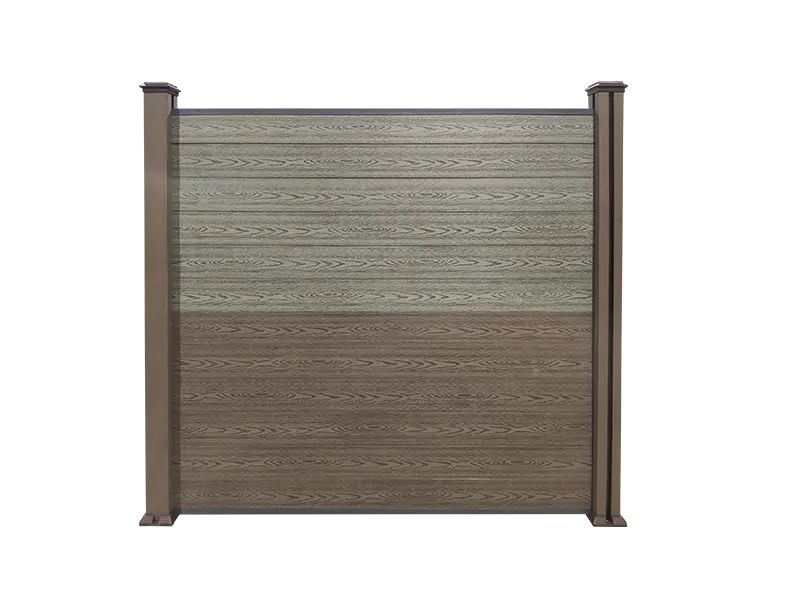Suitable for B2B and Commercial Projects
Premium WPC Composite Fencing
Transform Your Outdoor Space with Composite Fence Panels
Upgrade your property with WPC fence panels solutions that combine stunning aesthetics with unbeatable durability. Composite fencing offers the perfect balance of natural wood appeal and modern performance. Discover how composite fences can enhance your property’s privacy, security, and curb appeal for decades to come.
Discover our Advantages
| Sustainable & Eco-Friendly Materials | Supereco’s composite fencing is made from recycled wood fibers and high-quality plastic, minimizing deforestation and plastic waste. This eco-conscious production aligns with global sustainability trends, helping B2B clients meet green building standards. |
| Durability & Low Maintenance | The WPC fence offers exceptional resistance to moisture, rot, UV rays, and insects. It does not require painting, sealing, or regular maintenance, significantly reducing long-term operational costs for distributors and project developers. |
| Customizable Designs & Aesthetic Appeal | Supereco provides a wide range of colors, textures, and styles that mimic natural wood, giving architects and contractors the flexibility to meet diverse design needs for residential, commercial, and municipal projects. |
| Efficient Installation & Strong Structure | The innovative interlocking system and precision-engineered profiles enable faster installation and high structural stability. This feature is ideal for large-scale B2B projects, reducing labor time and improving overall project efficiency. |
| Global Supply & OEM/ODM Support | With an advanced manufacturing base and international logistics network, Supereco supports bulk orders, OEM, and ODM customization for global distributors, contractors, and brands, ensuring stable quality and fast delivery. |
GLOBAL YEARS OF EXPERIENCE
NUMBER OFPATENTS
BRANCHES AND PARTNER COMPANIES
INTERNATIONAL MARKETS REACHED
TONS ANNUAL OUTPUT
PRODUCTION
LINE
Explore Composite Fence Panels Solutions
Parameters of Composite WPC Fencing
| Size | 1800*1800mm, 1200*1200mm, 1800*1200mm |
|---|---|
| Length | 1.8m or Upon Your Request |
| Surface | 3D Embossed Wood Grain |
| Panel Type | Traditional, 3D Embossed,Co-extrusion |
| Type | Plug-in, Assembled, ASA |
| Material | 60% Wood Fibers + 35% HDPE + 5% other additives |
| Certificates | CE,FSC,CNAS,ISO9001 |
| Service Life | 25-30 Years |
| Colors | 33 Colors for Choice (Solid Colors , Light Mixed Colors and Strong Mixed Colors ) |
| OEM | Support |
Discover the Best Applications of Supereco Composite WPC Cladding
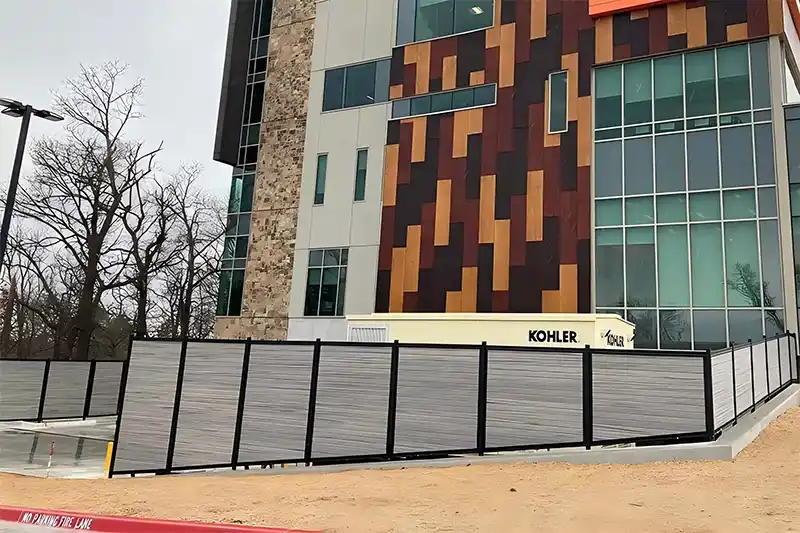
Composite fencing is widely used around office parks, shopping centers, and business complexes to create secure, attractive, and low-maintenance perimeters that match modern architectural styles.

Composite fencing is widely used around office parks, shopping centers, and business complexes to create secure, attractive, and low-maintenance perimeters that match modern architectural styles.
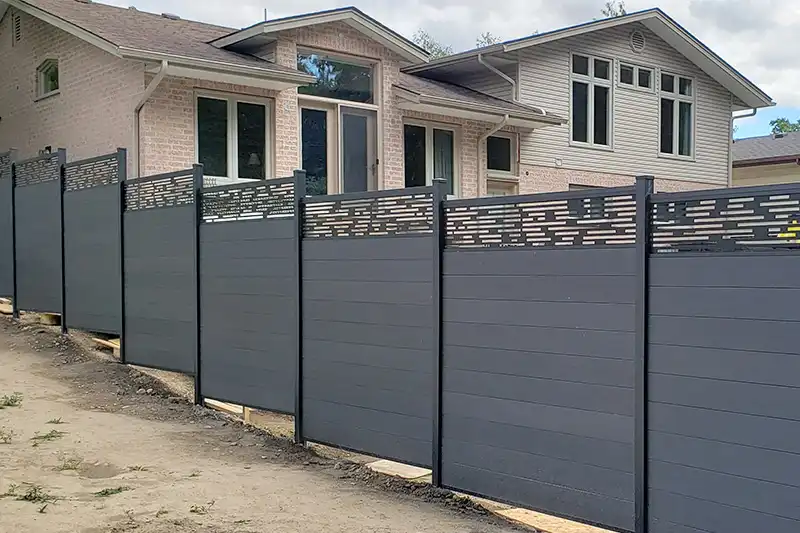
Real estate developers and property managers prefer WPC fences for gated communities and apartment complexes due to their natural wood appearance, durability, and easy installation.

Real estate developers and property managers prefer WPC fences for gated communities and apartment complexes due to their natural wood appearance, durability, and easy installation.
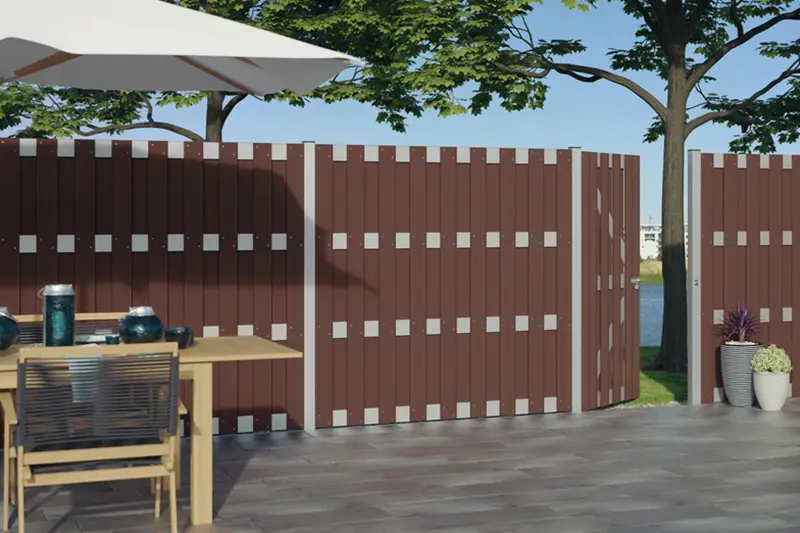
Resorts, villas, and hospitality projects integrate composite fencing for privacy partitions, pool surroundings, and garden enclosures — combining aesthetic appeal with high weather resistance.

Resorts, villas, and hospitality projects integrate composite fencing for privacy partitions, pool surroundings, and garden enclosures — combining aesthetic appeal with high weather resistance.
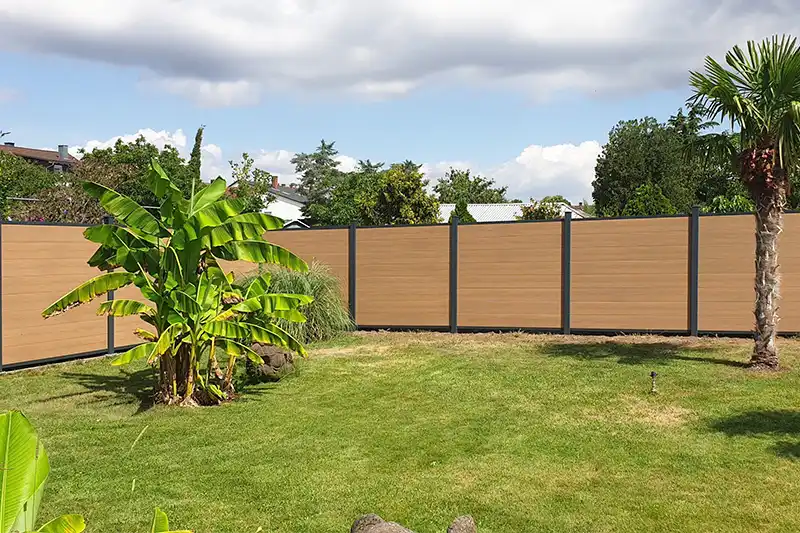
WPC fences are used in public parks, pathways, and recreational zones to define safe areas, maintain visual harmony with nature, and withstand heavy outdoor exposure with minimal maintenance.
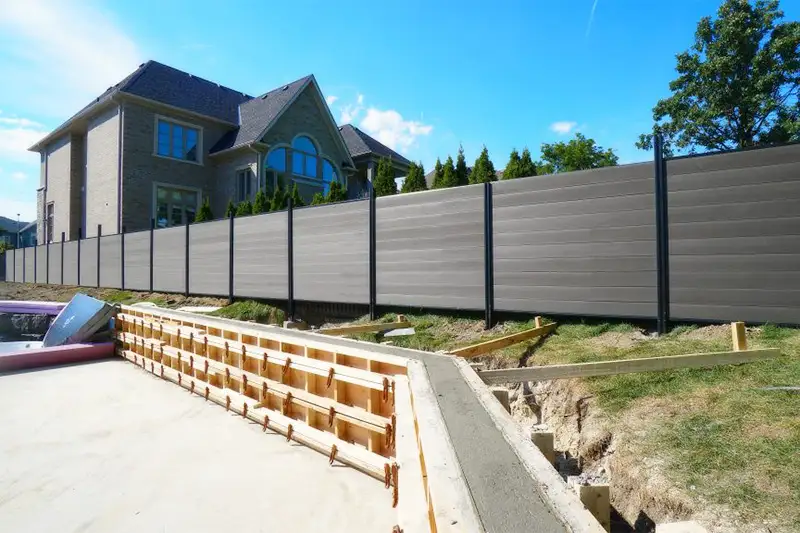
Industrial zones and warehouses use composite fencing for secure boundaries that resist corrosion, fading, and impact — ensuring long-lasting protection and professional appearance.
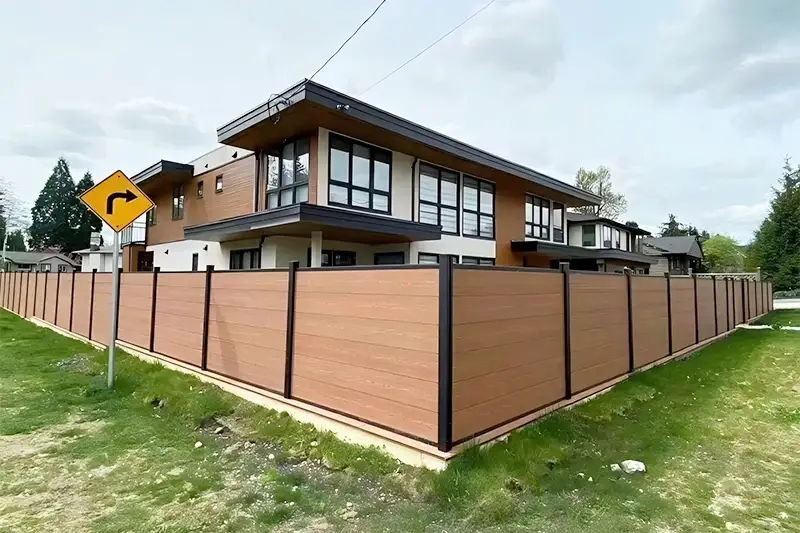
Schools, universities, and healthcare facilities apply WPC fencing systems for playgrounds, courtyards, and perimeter walls, offering safety, eco-friendly materials, and consistent design aesthetics.
Join global customers in choosing Supereco, for more favorable composite fence panel prices and better WPC Wall Panel quality.
Why Choose Supereco Composite Fence Panels?
The largest Composite Fencing Products manufacturer in northern China
We was established in 2006 and is one of the first wood plastic enterprises in China’s WPC industry. The company covers an area of 80,000 square meters and has 155 employees.
The global annual sales in 2024 is RMB 300 million , and the production capacity is expected to reach 60,000 tons in 2026, with an output value of more than RMB 500 million. China’s plastic wood industry ranks top 3 and ranks first in the north.
Strong and Professional WPC Factory
Professional R&D Experimental Team
Professional Quality Inspectors
Internationally Leading Composite Wall Panels Production Technology
At present, the slatted composite cladding flame-retardant products of the company are its flagship products, and the technological content of the products leads the world. The American standard flame retardant have passed grade A, European standard flame retardant have passed grade B and Grade D with SGS and Intertek testing.
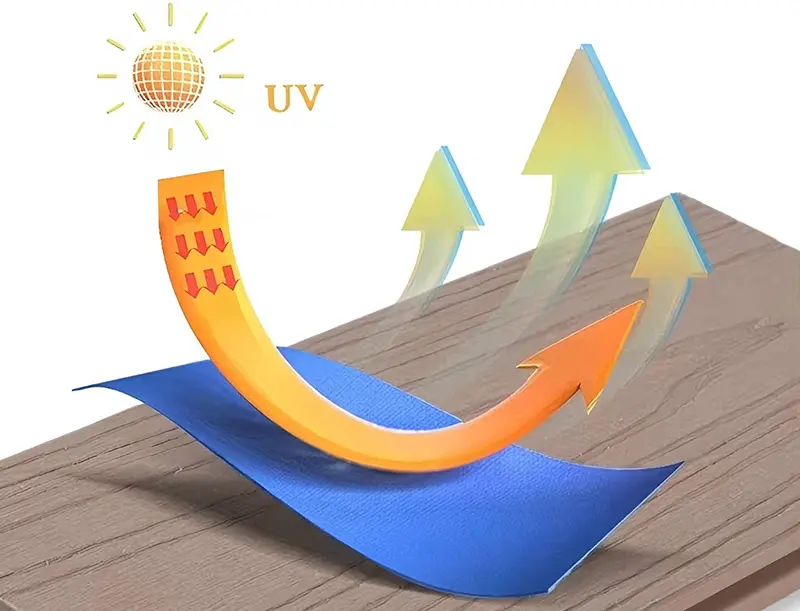
Superior Color Retention
Engineered with UV-resistant additives, Composite WPC Fence maintains its rich, wood-like appearance for years. Independent testing shows less than 5% fade over 10 years, outperforming traditional WPC Cladding and natural wood.

Strong Climate Adaptability
Our Weatherproof Fence Panels moisture, and temperature extremes, ensuring longevity in harsh climates. The Composite Fencing structure features a galvanized steel core and PVC-coated surface, offering superior corrosion resistance compared to PVC or metal alone.

Fire and Flame Retardant
Our wpc wall panel meets fire retardant standards, offering improved resistance to ignition for compliance with building codes, and can effectively slow down the spread of ground fires.
Rich Colors and Types, Support OEM and ODM
Customized for customers. Customize exclusive products for customers request.Functional product development-highly wear-resistant with super color-mixing products.The product range is complete (More than 200 moldings).
Lightly Mixed Colors
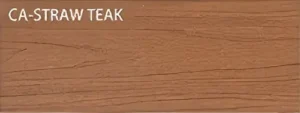
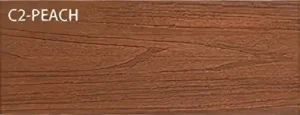
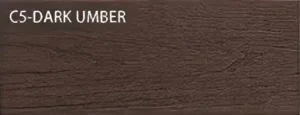
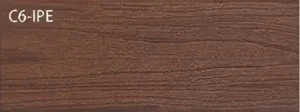
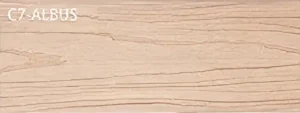
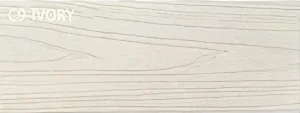
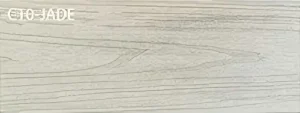
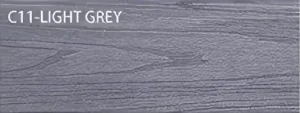
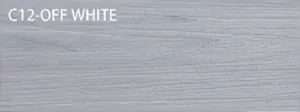
Strongly Mixed Colors
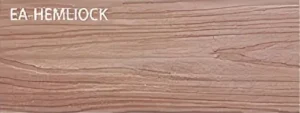
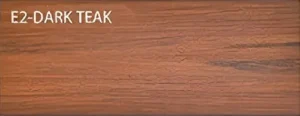
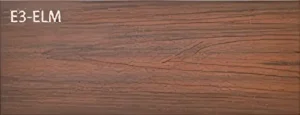
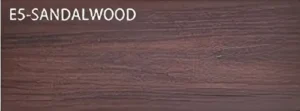
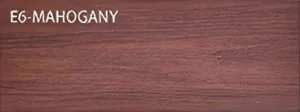
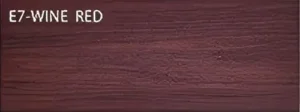
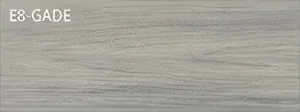
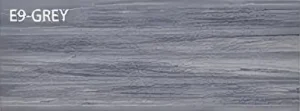
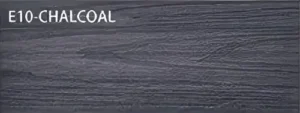
Solid Colors
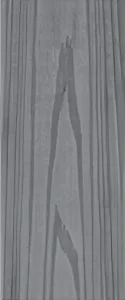
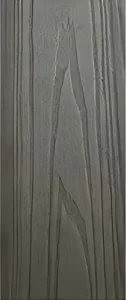
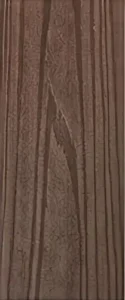
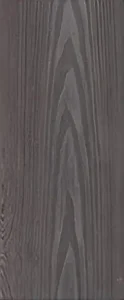
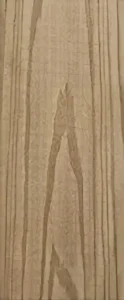
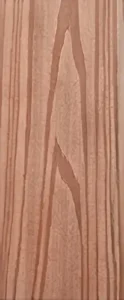
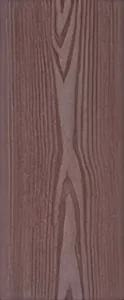
International Certification System Completed, Worry-Free Cooperation
The company has passed ISO9001 quality management system, ISO14001 environmental management system , intellectual property management system , EU CE certification , FSC forest management system certification, US ICC – ES certification, and EU EPD certification.

Obtaining Intertek certification for WPC decking ensures verified quality and safety, boosting buyer trust and global search visibility for professional B2B markets.

95% recycled content,Fully recyclable at end of life,Low carbon footprint manufacturing,Phthalate-free composition.

Consistent product quality, Efficient manufacturing processes, Customer-focused improvements, Compliance with international regulations.

CE marking forEuropean markets, 15-year limited warranty, Third-party load testing certification.

WPC decking is proven to be durable, waterproof, anti-UV, and eco-friendly, making it ideal for outdoor applications like gardens, balconies, and pool decks
20 Years of Export Trade Experience, Serving 1000+ Outdoor Projects
The products are sold to more than 70 countries around the world, and more than 1,500 containers are exported worldwide each year. The main markets are North America, Europe, Australia, Japan and South Korea.
20-Year B2B WPC Decking Specialist. We support OEM, ODM & custom samples. Serving wholesale and commercial project clients exclusively.
MOQ: 1x 20ft Container.
How to install composite WPC Fence?
Installation Method of Composite Plug-in Fence
Installation Method of Composite Plug-in Fence
Frequently Asked Questions
In principle a 20ft container, but also able to ship in small quantities according to your needs.In addition, make special size when ordered more than 2000 ㎡ one time.
Yes, samples are free, but you need to pay for shipping.
We are in Linyi city, shandong province, very near to Qingdao port.It's very convenient for you to ship goods.
Always a pre-production sample before bulk production.Always final Inspection before shipment.
WPC fencing and decking are designed to withstand harsh weather conditions. It is resistant to sun damage, rain, snow, and temperature swings, retaining its beauty and structural integrity under a variety of weather conditions.
WPC fencing is used globally in various climates, and manufacturers often subject their products to rigorous testing to ensure performance in different environmental conditions. While WPC fences are designed to withstand various climates, it’s essential to consider specific conditions during the selection process.
Yes, WPC fencing is relatively easy to install. They often come in pre-assembled panels or have systems that make installation faster. WPC fence systems typically include interlocking or slot-and-lock mechanisms that eliminate the need for nails or screws. The process is similar to installing other types of fences, but it is advisable to follow the manufacturer’s instructions for best results.
The cost comparison between WPC fencing and traditional fencing materials involves considering upfront, installation, maintenance, and long-term expenses. While WPC may have a higher initial cost, its durability and low maintenance can lead to cost savings over the years.
WPC, which stands for Wood Plastic Composite, is composed of recycled hardwood fibers and recycled polythene. WPC fences incorporate recycled materials and feature eco-friendly manufacturing processes, minimizing their environmental impact.
One of the significant advantages of WPC (Wood Plastic Composite) fencing is their low maintenance requirements. WPC fencing is designed to be low maintenance, but basic cleaning and occasional inspections are recommended.
Contact Supereco
We will answer your email shortly!
Don’t want to be tied down? Click to send email directly inquiry@superwpc.com

